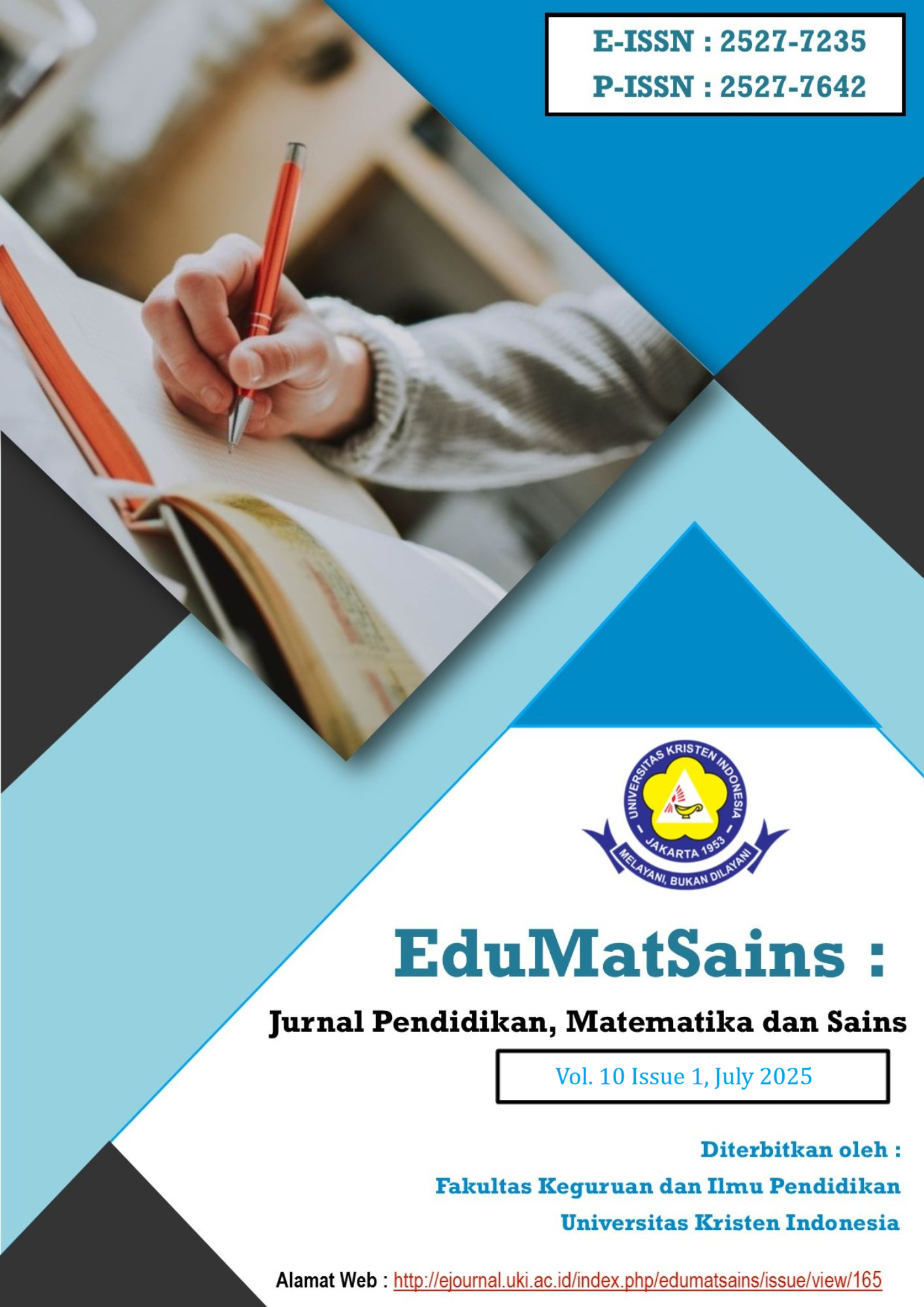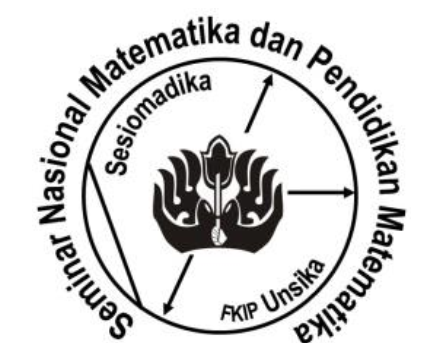The Effect of Contextual Teaching and Learning Model Assisted by Physics Education Technology Simulation on Motivation and Physics Learning Outcomes
DOI:
https://doi.org/10.33541/edumatsains.v10i1.6698Keywords:
Contextual Learning, PhET simulation, Learning motivation, Learning outcomes, Dynamic electricity.Abstract
Motivation and physics learning outcomes among students remain low. One approach to improving both aspects is the use of contextual teaching assisted by PhET. This study aims to determine whether and to what extent the application of the contextual teaching and learning model assisted by PhET influences students' motivation and physics learning outcomes. This research employs a quantitative quasi-experimental method and was conducted at SMA Negeri 71 Jakarta, with samples selected through purposive sampling. The instruments used include a questionnaire to measure learning motivation and a test to assess learning outcomes on Ohm's law, resistor circuits, and Kirchhoff's first law. Hypothesis testing using an independent sample t-test resulted in a significance value of 0.000 < 0.05, indicating a significant effect of PhET-assisted contextual learning on motivation and learning outcomes. The effect size analysis showed values of 0.289 for motivation and 0.655 for learning outcomes, categorized as moderate and high, respectively. Thus, it can be concluded that PhET-assisted contextual learning has a moderate impact on motivation and a strong influence on learning outcomes.
Downloads
Published
How to Cite
Issue
Section
License
Copyright (c) 2025 Ngia Masta

This work is licensed under a Creative Commons Attribution 4.0 International License.





















_(1).png)
